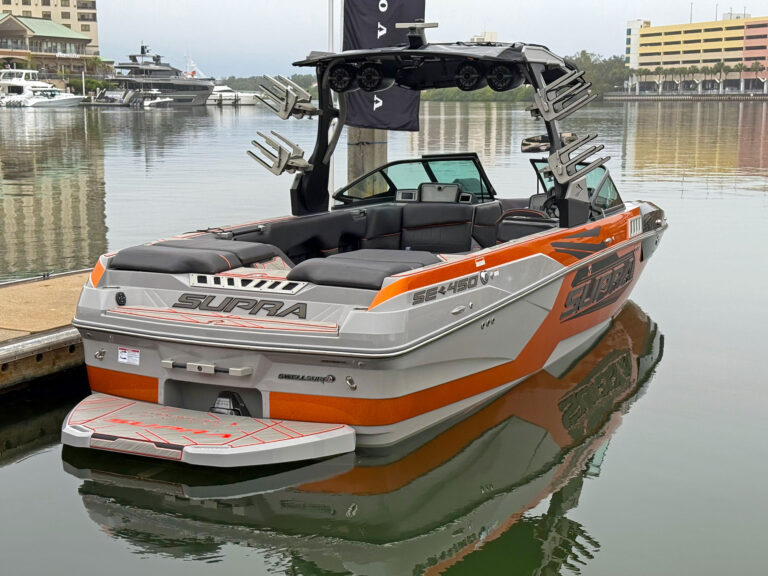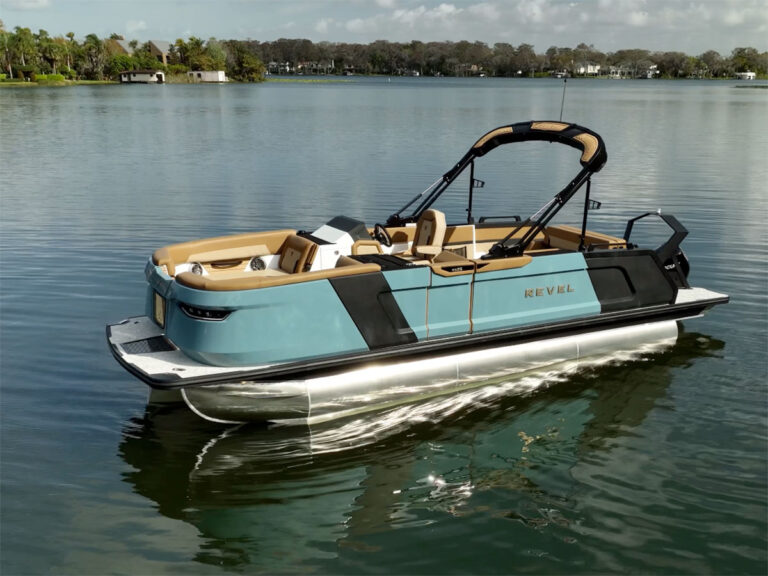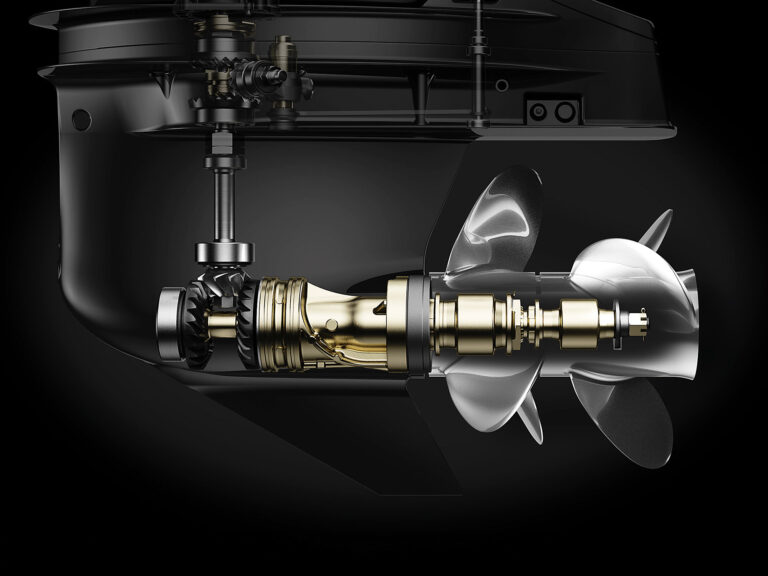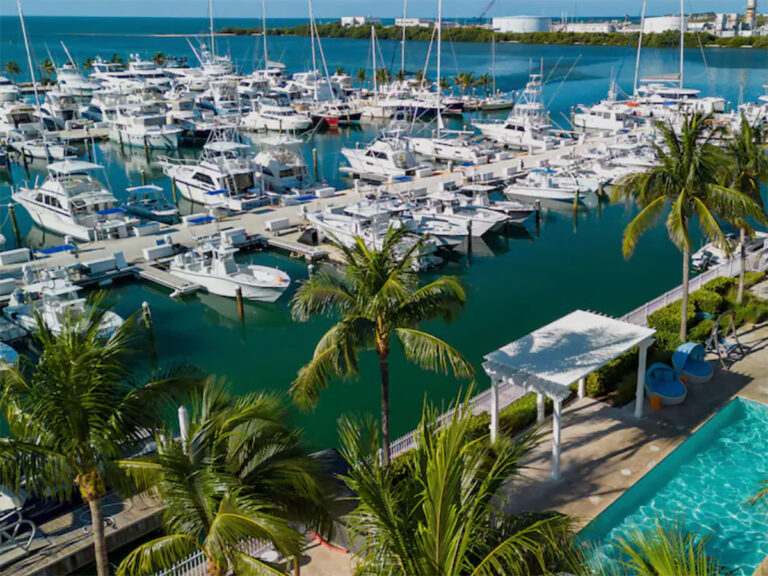Overview
With its cyan-blue deck, lime-yellow saddle, and splatter-paint graphics, the JetBlaster evokes Yamaha’s WaveBlaster, a mid-’90s craft that retains a die-hard fan base. But don’t expect a trip down memory lane. Longer and wider, the JetBlaster is also far more playful, part of the reason it joins the stand-up SuperJet in a new freestyle category from Yamaha. Like the Blaster of old, the JetBlaster prioritizes a trait occasionally missing in today’s bigger-is-better PWC market: pure, unadulterated fun.

Engine
The basis of the craft is the recently departed EXR, the performance-minded model in Yamaha’s rec-lite class of WaveRunners. The addition of a 110 hp variant of the brand’s TR-1 HO engine and the loss of 50-plus pounds thanks to Yamaha’s NanoXcel construction material gave the EXR an advantageous horsepower-to-weight ratio. The JetBlaster continues that advantage while shifting focus to the craft’s newfound freestyle potential.

Accessories
Notable extras bring out the JetBlaster’s playful side. Motocross-style handlebars sit taller on a cast-aluminum neck and have been widened to 30 inches to give the rider more leverage over the craft while seated or standing. The electric trim now extends beyond the traditional range, giving it a more bow-up running attitude and allowing riders to use the greater bow angles to hop the craft higher out of the water or break the stern free with a flick of the bars and timely punch of the throttle. Angled foot chocks at the rear of the footwells provide added control for such aggressive riding.

It’s a familiar combo used by Sea-Doo in creating the Spark Trixx. But while the Trixx feels playful, the JetBlaster is aggressive, trading the Trixx’s finesse-oriented ride for an all-out assault on the water. No, the JetBlaster won’t pull into a wheelie like the Sea-Doo model (at least, not without considerable effort), but its punchy low-end power and additional trim range allow it to easily leap out of the water from idle, launch off wakes with gusto, and snap into a 180-degree power slide. It also boasts superior top speed, approaching 55 mph as it zooms toward the horizon.

High Points
- Dual-throttle RiDE control system adds intuitive low-speed control in tight confines and rapid deceleration at speed, and can be used to enhance freestyle maneuvering.
- Two-tone, CNC-cut MarineMat decking provides excellent traction in the footwells atop angled rear chocks.
- Heavier weight, a slightly longer length overall and SMC construction offer a more secure feel in larger, rougher bodies of water.
Low Points
- Though the glove box is deep, it provides minimal overall storage in the standard configuration. The optional bow-compartment dry bag is a worthwhile addition.
- Aggressive jumps and midair tweaks are fun, but landings can be hard on knees and ankles.
Toughest Competitor
Sea-Doo’s Spark Trixx 3UP ($8,499) is a kindred spirit in that it adds telescoping handlebars, foot chocks and increased trim range to take full advantage of its hull’s playful side, as well as the added handling of electronic braking and reverse. At 90 hp, the Trixx is not quite as powerful as the JetBlaster, but its lighter hull and greater trim range make it easy to wheelie the bow skyward or perform a tailspin. The Trixx offers almost no storage in stock form.
Speed, Efficiency, Operation

How We Tested
- Engine: 110 hp Yamaha TR-1 High Output marine engine
- Pump/Impeller: 144 mm high-pressure/stainless steel
- Fuel Load: 13 gal. Crew Weight: 160 lb.
Pricing and Specs
| Price: | $9,999 |
| LOA: | 10’3.6″ |
| Beam: | 3’8.5″ |
| Draft: | 1’0″ |
| Displacement: | 549 lb. |
| Seat/Weight Capacity: | 3/549 lb. |
| Stowage Capacity: | 7.7 gal. |
| Fuel Capacity: | 13.2 gal. |





